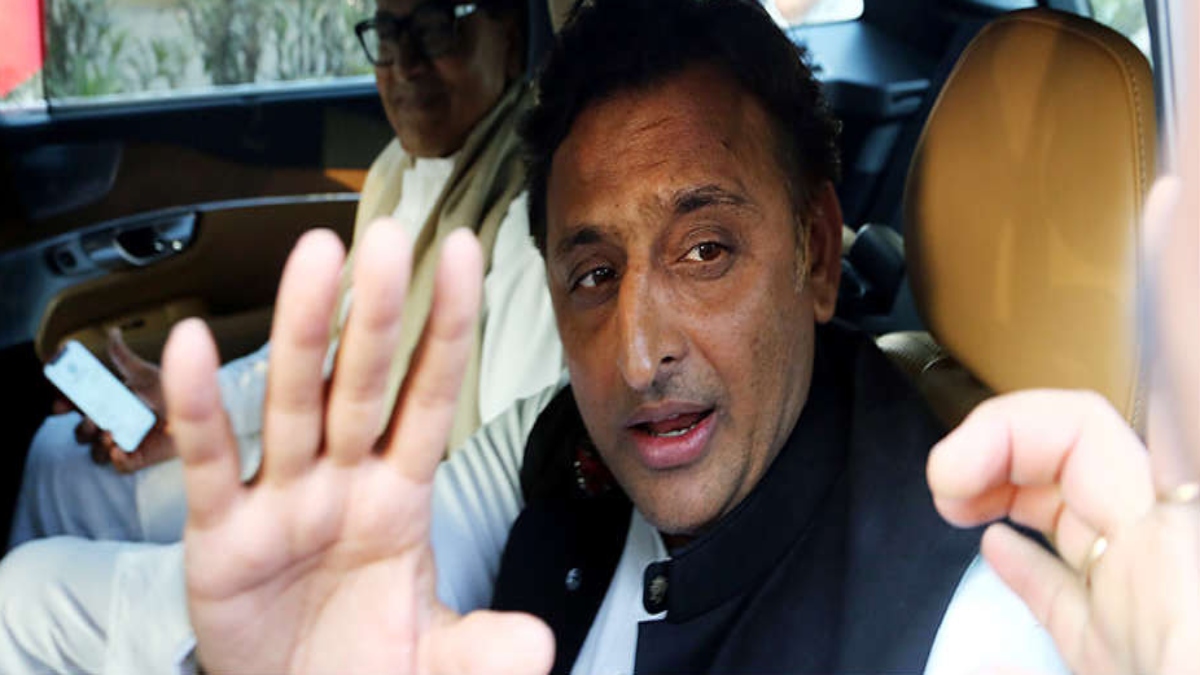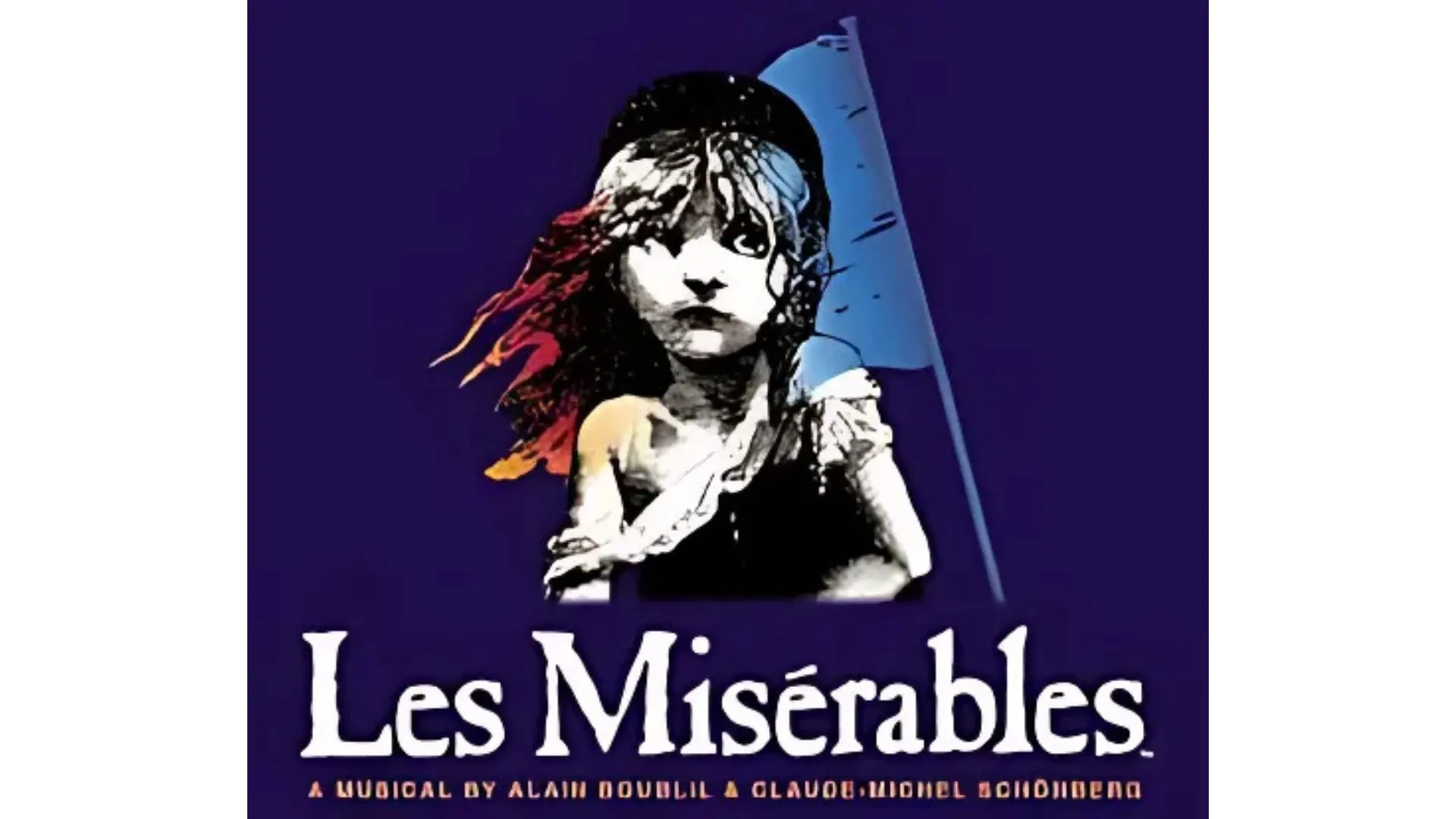Does Mulayam Singh Yadav’s demise signify the end of an era or will his son and political heir Akhilesh Yadav continue to be the torchbearer for Mandal politics? Certainly, in the last Uttar Pradesh elections, Akhilesh pitched the politics of Mandal and caste versus the BJP’s politics of Kamandal and religion. He made it a point not to get into any debate on the merits of Hinduism or Hindutva but instead focused his campaign on the umbrella coalition of castes that his party had attracted. Even when the hijab controversy broke out in Bangalore during the campaign, Akhilesh did not comment on it which may have upset the minority vote-bank that the late Mulayam Singh Yadav had so assiduously wooed. But to be fair to Akhilesh he knew that the minute he starts engaging with the BJP on religion, then the numbers do not add up as its 80% Hindus vs the 20% Muslims in the state. And, so instead he tried to carve out a chunk of the Hindu vote bank by playing caste politics. He went into an alliance with Jayant Chaudhary’s predominantly Jat-based party which may not have gone down well with the Muslims in Western UP. He also welcomed Rajbhars and Sainis and tried to broaden his backward caste appeal from just the Yadavs. Akhilesh also portrayed himself as a Krishna Bhakt by erecting a large statue of Lord Krishna in his constituency.
Of course, in the end, the BJP proved to be more adept at election management and Akhilesh lost. But he did much better than Mayawati’s BSP which is also a caste based party. Can Akhilesh hold on to his father’s vote bank and win back the chief minister ship of Uttar Pradesh once again?
That is the real question. But having said that, it is also true that the politics of Mandal is still very much relevant. In fact, we also have the BJP, which was originally a party of upper castes, now reaching out to the other backwards castes and scheduled castes under Prime Minister Modi. The PM’s OBC credentials are displayed during every election campaign as the party tries to woo the backward caste votes away from the regional caste based parties, whether in UP or Bihar. On the eve of the UP polls, too, the Modi government issued a press release after its cabinet reshuffle stating that there are as many as 27 OBCs in the Modi government. This was a move aimed at the Hindi heartland where the BJP was positioning itself as the party of Hindutva that embraced all castes, including the OBC and the scheduled castes, that were earlier the vote bank of the Yadavs and Mayawati.
In Bihar too, the RLD leader Tejashwi Yadav is not just talking caste, but he also talks development and jobs. Having said that, while Mulayam’s passing may not signify the end of Mandal politics, it does indicate a passing away of an era, an era that was epitomized by Ram Manohar Lohia, Kanshi Ram, Mulayam Singh Yadav and is now left in the hands of a (politically) fading Mayawati and an ailing Lalu Yadav. It is now left to Akhilesh and Tejashwi to refashion the Mandal politics in a way that can best counter the BJP, because like it or not, it is the BJP that is defining the political narrative of the day.
PRIYA SAHGAL







